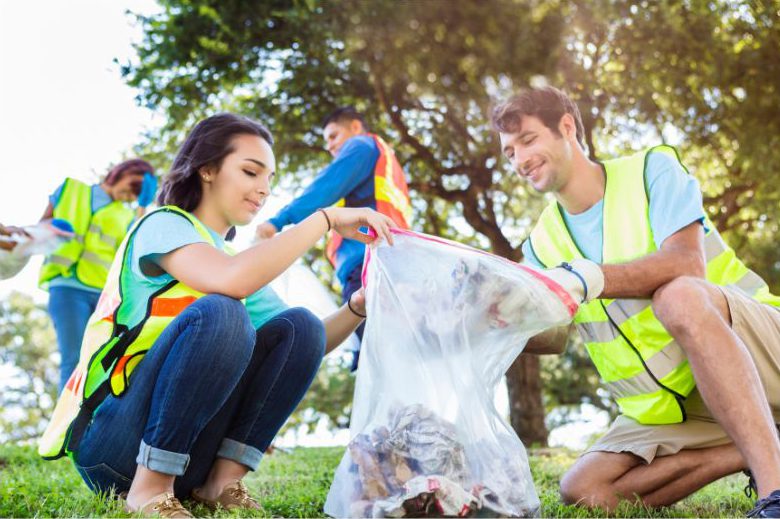
The Value of Experiential Learning
Posted February 27, 2014, 2:19 pm by
The teenage years are characterized by curiosity, development, and experimentation. Traditionally, high school classes and extracurricular activities help foster these traits and aid teenage success inside the classroom and out. We believe experiential learning can advance teen success even further.
Today, the field of experiential learning is booming. Teens have access to many more opportunities than their parents had at their age—they can travel to almost any destination during the summer, spend a gap year volunteering after high school, and even practice their future career ambitions with an internship. With thousands of programs available to students worldwide, teenagers are taking advantage of these experiential learning programs more than ever. Great news for parents and teenagers: experiential learning increases teen success.
Value: College Admissions
There are countless advantages for teens who engage in experiential learning, including an improved path to college admissions. Meaningful experiences outside of the classroom add significance and weight to college applications—these experiences set students apart from the crowd. The Common and Universal College Applications ask applicants to list all schools and programs attended since ninth grade and give students space to elaborate on these experiences. Not to mention, many top universities, including Harvard, MIT, Middlebury, Princeton, and Yale, endorse experiential learning opportunities for teenage students before they enter college. Greg Buckles, Dean of Admissions at Middlebury College, affirms that these students “Hold a disproportionately high number of leadership positions on campus, and, on average, perform better academically. Many benefit greatly from the opportunity to travel, work, or pursue other interests, and all of those options can help contribute to an even more enriching college experience.” In the competitive realm of college admissions, experiential learning programs will enhance and highlight any college application.
Value: Academic Success
If a teen is having trouble academically, many parents forbid them to continue with extracurricular and experiential learning activities. However, studies show that this “punishment” actually results in the opposite effect—experiential learning makes teens less likely to get into academic trouble. Experts in brain development recommend that teenagers use various parts of their brain to round out their development and found that outside-the-classroom experiential learning provides this variety. Experiential learning also adds value and interest to a teenager’s life, making them more confident. Experiential learning proves to be beneficial to both the teenage brain and persona.
Value: Maturity
Outside of academic success in high school and college, experiential learning helps prepare teenagers for adulthood. Experiential learning programs often encourage teenagers to think outside of the box and consider their future lives as responsible adults. For example, in a study of gap year students, 85 percent reported satisfaction with their job after college—a number significantly higher than others in their age group. In this same study, more than 80 percent of the students saw themselves as more globally and financially aware after their experience. Although this research is specific to gap years, these effects ring true to all experiential learning programs. Experiential learning undoubtedly prepares teenagers for adulthood and encourages thinking far beyond their high school years.
Whether teens embark on a gap year, summer program, community service project, or any other experiential learning opportunity, they will come away with only valuable experiences. Traditional learning is still as important as ever—now is the time to take advantage of the plethora of resources available and to diversify teenage knowledge. Experiential learning gives teenagers the experience, discipline, and confidence they need to succeed.
Blog Categories
- Career Advice
- College Admissions
- Colleges & Universities
- Financial Aid and Scholarships
- For Counselors
- For Parents
- For Students
- Gap Years
- Mental Health and Wellness
- Online Learning
- Performing and Visual Arts
- STEM Majors and More
- Summer Programs
- Teen Volunteering
- Trade & Vocational Schools
- Tutoring & Test Prep

Organization with listings on TeenLife? Login here
Register for Free
We’re here to help you find your best-fit teen-centered academic and enrichment opportunities.
Forgot Password
"*" indicates required fields








